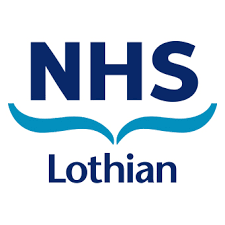Urine culture: preferably midstream specimen or catheter specimen if catheterised.
- A positive urine culture without symptoms (asymptomatic bacteriuria) in men & non-pregnant women should not be treated

Diagnosis is clinical, based on two or more of:
In patients over 65 years new incontinence or delirium can also be caused by a UTI. Consider other causes of delirium before prescribing antibiotics and ensure urine culture and other investigations are sent to exclude other causes of delirium.
Urine culture: preferably midstream specimen or catheter specimen if catheterised.
Do not routinely use urinalysis/dipstick to diagnose a urinary tract infection.
In the following scenarios follow alternative guidance:
Recommended total duration: (Women - 3 days, Men - 7 days)
| No risk factors for trimethoprim resistance | Trimethoprim 200mg every 12 hours |
|
Risk factor(s) for trimethoprim resistance AND eGFR >30 |
Nitrofurantoin M/R 100mg every 12 hours |
If Risk factors for trimethoprim resistance identified and eGFR <30, options include:
If Penicillin allergy and eGFR <10, discuss with Microbiology (Antibiotic and clinical advice)
Likely organisms: E.coli, other Enterobacteriaceae, less commonly Enterococci.